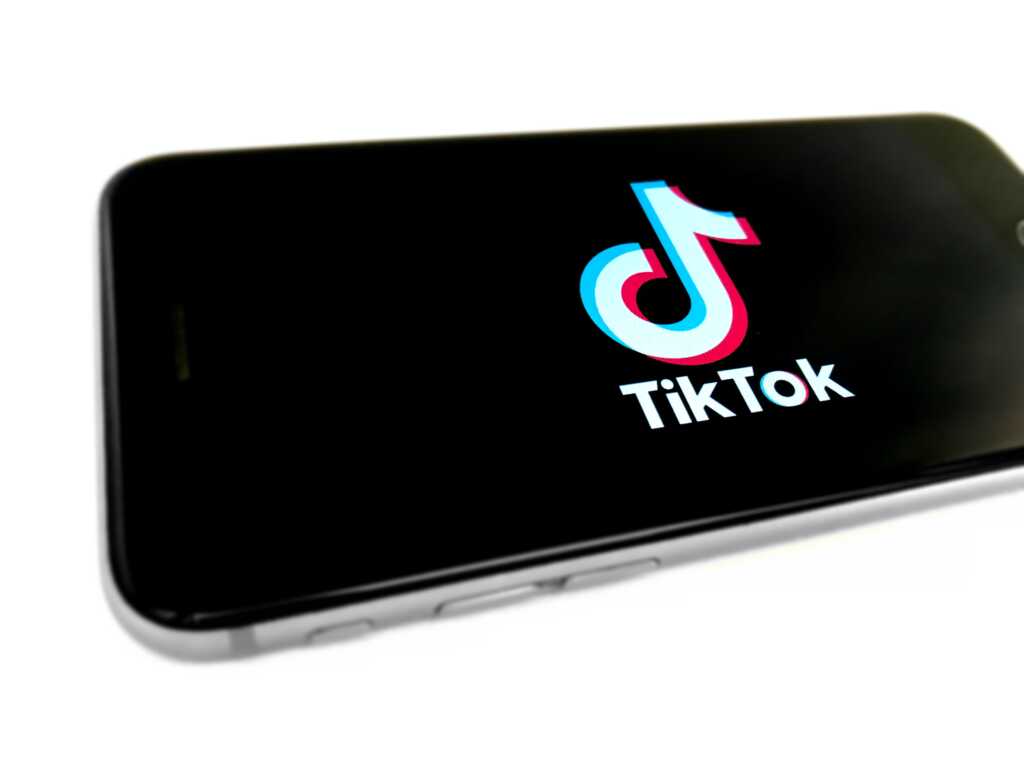In Texas, using social media could soon go the way of voting: You can’t do it until you’re 18 years old.
State Rep. Jared Patterson (R) filed legislation this week to ban children under 18 from using social media platforms, an attempt to curb the negative side effects of internet use, like depression and anxiety.
Listen to the latest episode of CBN’s Quick Start podcast 👇
Defending his proposal, Patterson likened social media use to smoking cigarettes, a trend Americans once believed was harmless when, in reality, it causes severe damage and increases the likelihood of contracting lung cancer. Similarly, he believes social media is negatively impacting children.
“Once thought to be perfectly safe for users, social media access to minors has led to remarkable rises in self-harm, suicide, and mental health issues,” the lawmaker said, according to KDFW-TV.
In a press release, Patterson described social media as “the pre-1964 cigarette.”
“The Texas legislature must act this session to protect children because, thus far, the social media platforms have failed to do so. HB S76 is a solution to this crisis.”
Greg Sindelar, CEO of the Texas Public Policy Foundation, lauded Patterson for the legislation.
He said the problems posed by social media — particularly to minors — are “demonstrable not just in the internal research from the very social media companies that create these addictive products, but in the skyrocketing depression, anxiety, and even suicide rates we are seeing afflict children.”
“We are tremendously grateful for Rep. Jared Patterson’s leadership on keeping this precious population safe,” Sindelar said. “And [the] TPPF is fully supportive of prohibiting social media access to minors to prevent the perpetual harms of social media from devastating the next generation of Texans.”
If approved and signed into law, social media sites would be required to verify users’ age via photo identification. Furthermore, it would give parents legal avenues to request the removal of an account illegally created by their underage children.
It does not seem out of the realm of possibility that Texas Gov. Greg Abbott (R) would be open to such legislation, particularly given he recently signed into law a bill banning TikTok from state-owned devices. That law comes amid a flurry of concerns over the Chinese-owned app.
“TikTok harvests vast amounts of data from its users’ devices — including when, where, and how they conduct internet activity — and offers this trove of potentially sensitive information to the Chinese government,” Abbott wrote in a letter to state officials, according to ABC News.
Additionally, Indiana Attorney General Todd Rokita (R) filed a lawsuit against TikTok on Wednesday, alleging the executives at the video-sharing platform mislead users about the Chinese government’s ability to access their data as well as minors’ exposure to mature content.
TikTok, for its part, released a statement through a representative, who said the platform’s leaders see “safety, privacy and security” as a “top priority.”
“We build youth well-being into our policies, limit features by age, empower parents with tools and resources, and continue to invest in new ways to enjoy content based on age-appropriateness or family comfort,” read the statement. “We are also confident that we’re on a path in our negotiations with the U.S. government to fully satisfy all reasonable U.S. national security concerns, and we have already made significant strides toward implementing those solutions.”
Security concerns over TikTok have been swirling since 2020, when then-President Donald Trump unsuccessfully tried to ban the app from the U.S. market, ultimately calling on parent company ByteDance to sell the popular platform to an American company. That sale, though, never took place.
Last month, Sen. Mark Warner (D-Va.), chair of the U.S. Senate Intelligence Committee, admitted Trump “was right on TikTok.”
“If your country uses Huawei, if your kids are on TikTok … the ability for China to have undue influence is a much greater challenge and a much more immediate threat than any kind of actual, armed conflict,” he said.
***As the number of voices facing big-tech censorship continues to grow, please sign up for Faithwire’s daily newsletter and download the CBN News app, developed by our parent company, to stay up-to-date with the latest news from a distinctly Christian perspective.***



